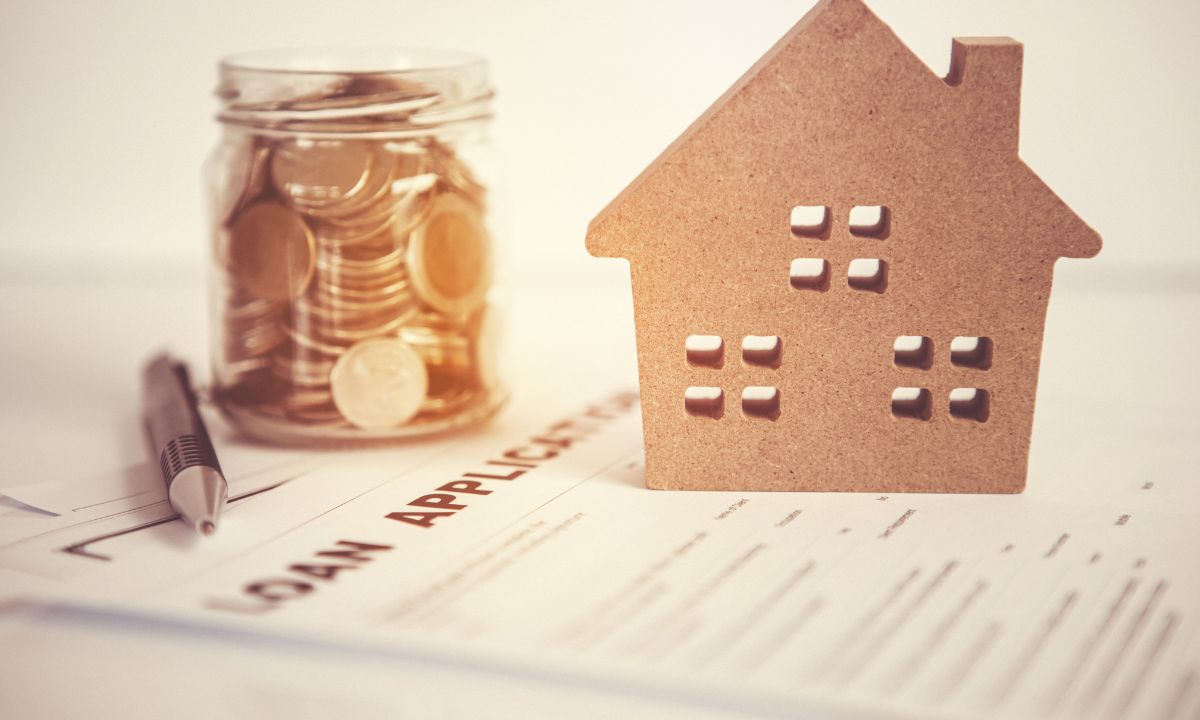Homebuyer’s Guide to Pre-Paid Costs
 Buying a home is an exciting adventure, but it’s crucial to understand all the financial aspects involved to make the process smoother. Beyond your down payment and closing costs, there are several pre-paid costs that you’ll need to address at closing. These pre-paid costs are essential to consider as you plan your home purchase. Here’s a comprehensive guide to help you understand these costs and prepare effectively.
Buying a home is an exciting adventure, but it’s crucial to understand all the financial aspects involved to make the process smoother. Beyond your down payment and closing costs, there are several pre-paid costs that you’ll need to address at closing. These pre-paid costs are essential to consider as you plan your home purchase. Here’s a comprehensive guide to help you understand these costs and prepare effectively.
What Are Pre-Paid Costs?
Pre-paid costs are expenses you’ll need to pay upfront at closing, in addition to your down payment and closing costs. These costs are designed to cover certain future expenses related to homeownership and ensure that these obligations are met as you transition into your new home. Although the exact amounts can vary based on your location and loan type, common pre-paid costs include homeowners insurance, property taxes, mortgage interest, and an initial escrow deposit. If your new home is part of a community with a homeowner association (HOA), you may also need to account for HOA dues.
Common Types of Pre-Paid Costs
- Initial Escrow Deposit:
- What It Is: This is an upfront deposit into your mortgage escrow account. An escrow account helps manage your property taxes and homeowners insurance by spreading these expenses over monthly payments rather than having to pay a lump sum annually.
- Why It Matters: It ensures that your taxes and insurance are paid on time, protecting both you and your lender. Typically, you’ll need to deposit a few months’ worth of property taxes and insurance premiums at closing.
- Homeowners Insurance:
- What It Is: Homeowners insurance protects your property against losses from events such as fire, theft, or natural disasters.
- Why It Matters: Lenders require proof of insurance to protect their investment. You’ll need to pre-pay the first six to twelve months of premiums at closing, plus additional months in advance if you have an escrow account.
- Pre-Paid Interest:
- What It Is: This is interest paid upfront that covers the period from the date of closing to the end of the month before your first mortgage payment is due.
- Why It Matters: It ensures that the lender is compensated for the time between closing and your first regular payment. The amount will depend on your loan amount, interest rate, and the number of days until your first payment.
- Real Estate Property Taxes:
- What It Is: These are taxes levied by local governments to fund public services such as schools and infrastructure.
- Why It Matters: As a new homeowner, you’ll be responsible for paying property taxes from the date of purchase onward. If the seller has already paid property taxes for the year, you might need to reimburse them for the portion of the year you’ll own the home.
- HOA Dues:
- What It Is: If your new home is in a community with a homeowners association, you may need to pay HOA fees. These fees cover the maintenance of common areas and other community services.
- Why It Matters: HOA fees are often collected in advance, so you might need to pay a prorated amount at closing based on the number of days remaining in the month.
How to Calculate Pre-Paid Costs
Estimating your pre-paid costs is crucial for accurate budgeting. Here’s a quick guide to help you:
- Initial Escrow Deposit: Typically, this includes three months of homeowners insurance and three months of property taxes. Check with your lender or mortgage servicer for exact requirements based on your loan type and location.
- Homeowners Insurance: Obtain quotes from several insurance providers to get an accurate estimate. Your lender will provide an estimate, but it’s wise to compare and confirm.
- Pre-Paid Interest: To calculate, divide your annual mortgage rate by 365 to get the daily interest amount. Multiply this by your loan amount to get the daily cost, then multiply by the number of days between closing and your first payment.
- Property Taxes: Multiply the local property tax rate by your home’s purchase price to estimate annual taxes. Your lender or real estate agent can also help with this calculation.
- HOA Fees: Contact the HOA to get information on monthly or annual dues. Calculate the prorated amount based on the number of days in the month you’ll own the home.
Who Pays Pre-Paid Costs?
As the homebuyer, you are responsible for all pre-paid costs. These expenses will be collected at closing by a third party, such as your title company or escrow agent, and deposited into your escrow account if applicable.
Need More Help?
Navigating pre-paid costs can be complex but understanding them is key to a smooth closing process. If you have questions or need assistance with estimating your home loan’s pre-paid costs, don’t hesitate to give us a call!
By preparing for these pre-paid costs, you’ll be better equipped to manage your homebuying budget and enjoy the journey to homeownership with confidence
 Embarking on the journey to homeownership is an exciting milestone, but it requires careful financial preparation. Ensuring that your finances are in optimal shape is crucial to securing a home loan with favorable terms. This guide will walk you through the essential steps to get your financial profile in top shape before applying for a mortgage.
Embarking on the journey to homeownership is an exciting milestone, but it requires careful financial preparation. Ensuring that your finances are in optimal shape is crucial to securing a home loan with favorable terms. This guide will walk you through the essential steps to get your financial profile in top shape before applying for a mortgage. One of the most common dreams is homeownership; however, the cost of buying a house is rising quickly, and many children cannot afford to buy a house even after they finish school. They might be encumbered with student loans, and they could have a difficult time finding a job. Fortunately, there are ways parents can help their adult children buy a home.
One of the most common dreams is homeownership; however, the cost of buying a house is rising quickly, and many children cannot afford to buy a house even after they finish school. They might be encumbered with student loans, and they could have a difficult time finding a job. Fortunately, there are ways parents can help their adult children buy a home.